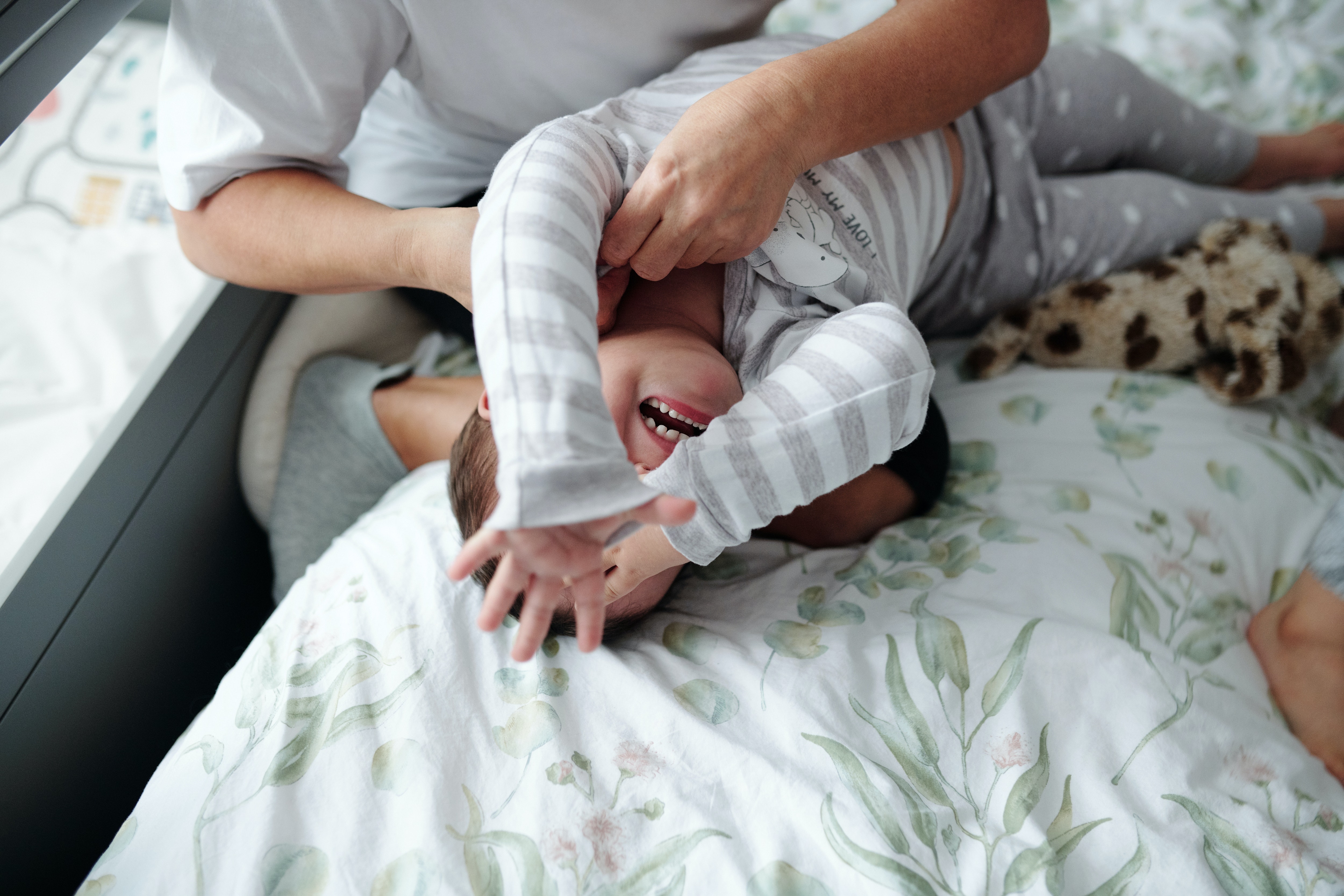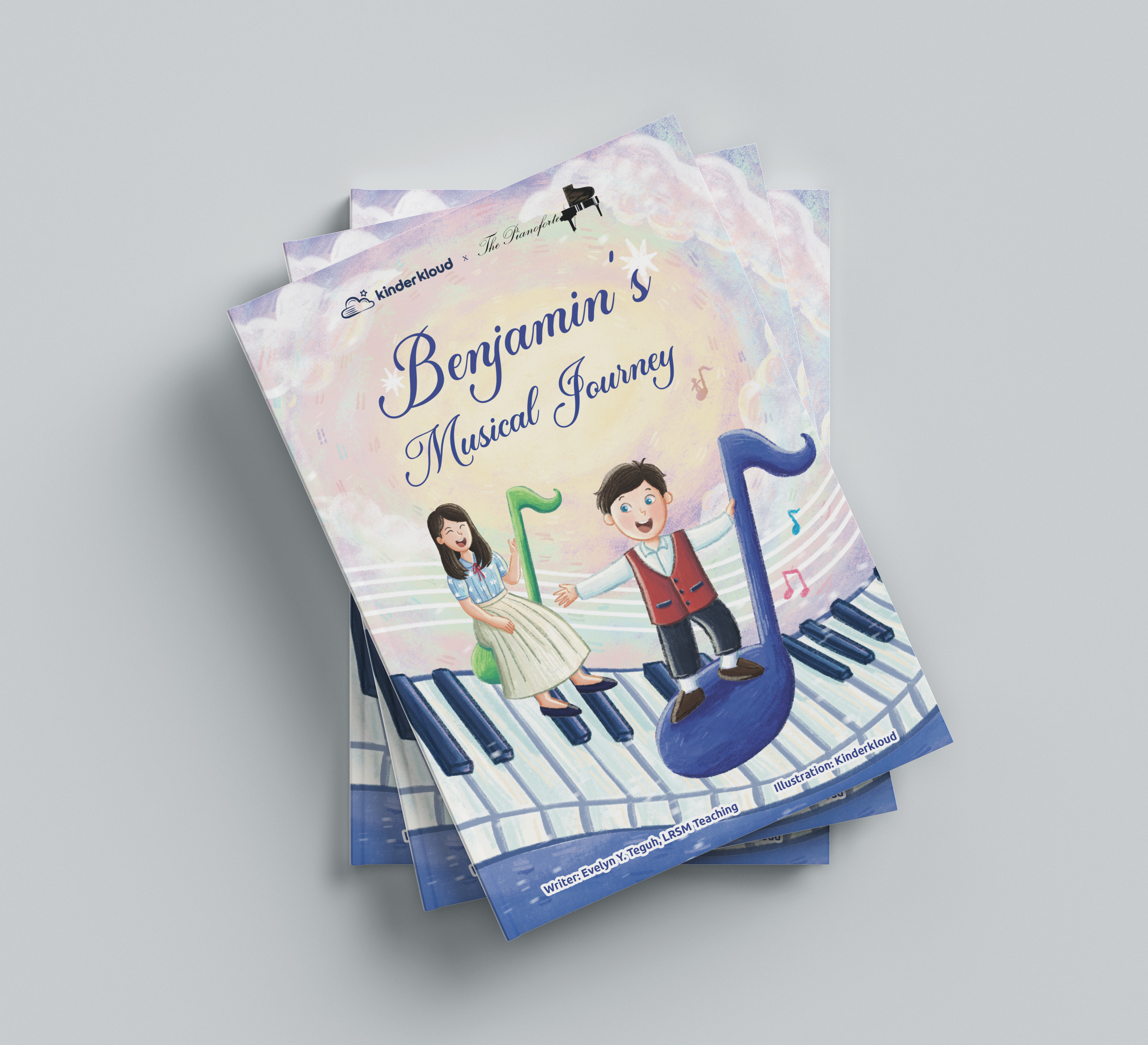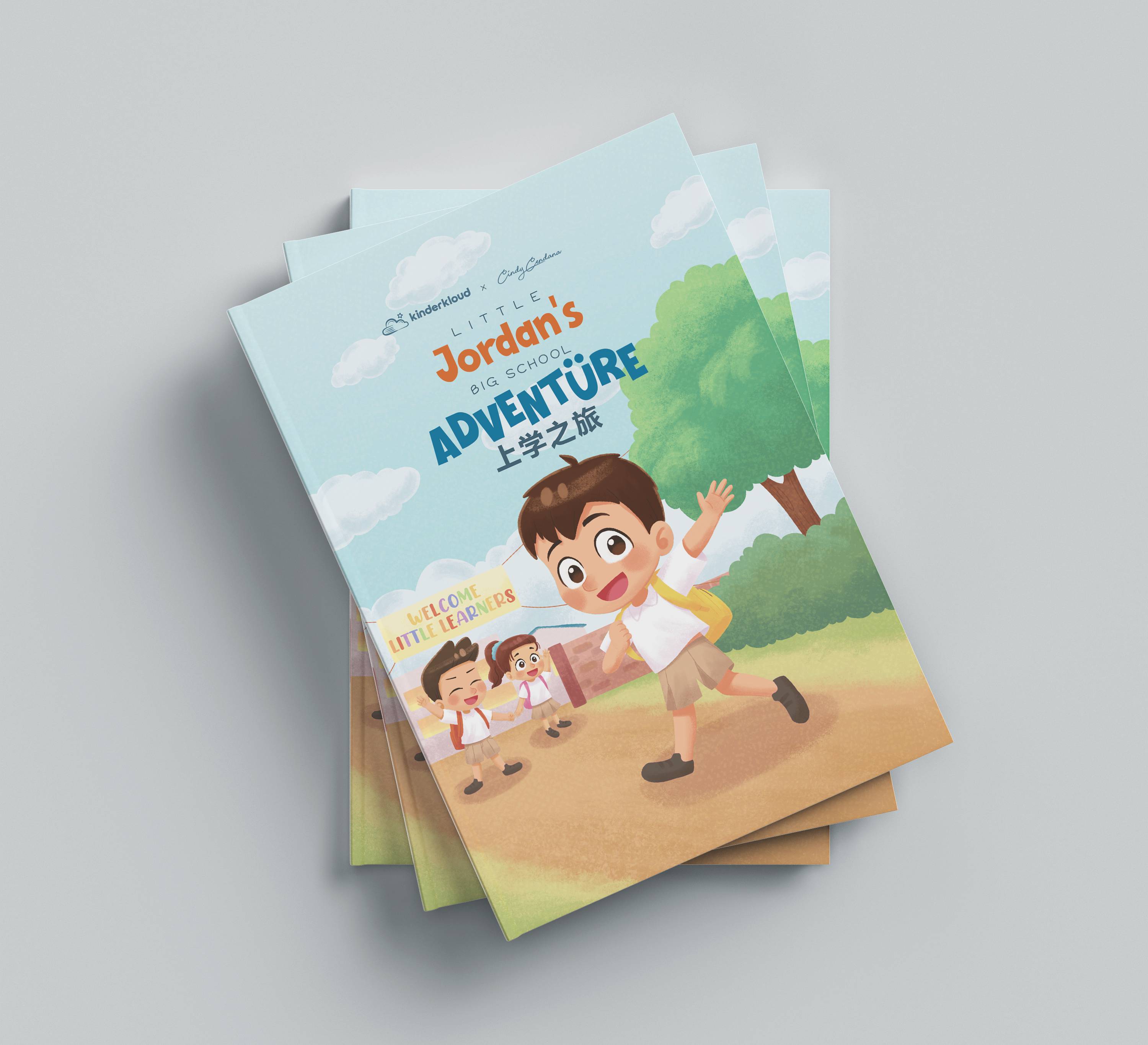Practicing Self-Regulation With Your Children

Self-regulation is the ability to regulate and manage reactions toward strong emotions like frustration, upsetting situations, or changes. It also includes the ability to calm down and adjust your emotions and behavior without having an outburst. It is a very important skill for everyone, including your children. Having a good self-regulation skill can help your kids cope and behave positively to frustrating events that will improve their independence. Self-regulation is also important for children so they can learn well at school, cope with schoolwork, and have a healthy relationship with their friends as well as other people.
Some children are struggling to regulate their emotions, however. A child’s difficulty in self-regulation might be temperament and personality-based. Children with ADHD or anxiety have even higher challenges to manage their emotions. Nevertheless, the environment also plays a role in shaping a child’s regulation ability. Therefore, it is important for parents to model and teach self-regulation to their kids.
So how can we teach our kids to have good self-regulation? Well, one of the most important things for parents to do is to not be overprotective to their kids or hinder difficult situations. Instead, parents can slowly expose children to upsetting situations and let them practice while parents provide positive support.
It might be easier to respond immediately when your child seems upset or emotional, but it is better if you can give them some time and opportunity to cool down by themselves. For example, when your kid has to do their math homework and they start to look frustrated, try to give them some space and see how they handle their emotions. You can check on them every few minutes and give praise for their efforts to stay calm.
If your child starts to develop big reactions to difficult situations, like yelling, crying, or having a tantrum, it is crucial that you don’t give in and solve the problems for them. If you do this, you might end up being an external self-regulator for your child and they will never learn to manage their emotions independently. Therefore, you can help them to take five and deep breaths, then wait until they calm down.
Practicing self-regulation with your child is also important. You can start with an activity that is slightly difficult for your kids to handle, then slowly move to bigger things while giving them more and more independence to handle it. For instance, if taking a bath is usually causing a meltdown, you can target one step for your child to master at a time, like simply being able to get inside the bathroom without crying. Once they achieve that target, move to the next target until they can handle the whole situation from start to finish without any meltdown.
Furthermore, you can teach your child to reflect on their own behavior whenever they show big emotions by giving non-judgmental feedback. This includes asking them what went wrong and why, as well as how they can do it better next time. By letting them think about what happened, your child will learn to make better choices when another upsetting situation occurs.
References:
https://extensionpublications.unl.edu/assets/html/g2287/build/g2287.htm
https://raisingchildren.net.au/toddlers/behaviour/understanding-behaviour/self-regulation
https://childmind.org/article/can-help-kids-self-regulation/
By: Salma Safira Sukma Ikhsani, S.Psi. from BehaviorPALS
self-regulation, children, tips, practice, parenting, emotion
Children 4 Years - 6 Years / 4 Tahun - 6 Tahun / Social Development / Tumbuh Kembang Sosial / Education / Pendidikan / Practicing Self-Regulation With Your Children
Comments
















